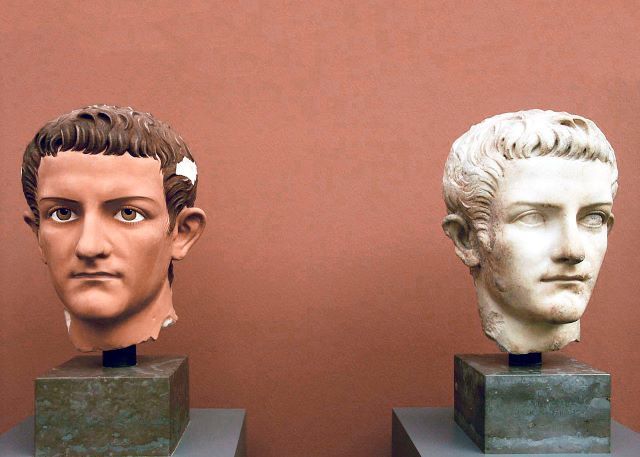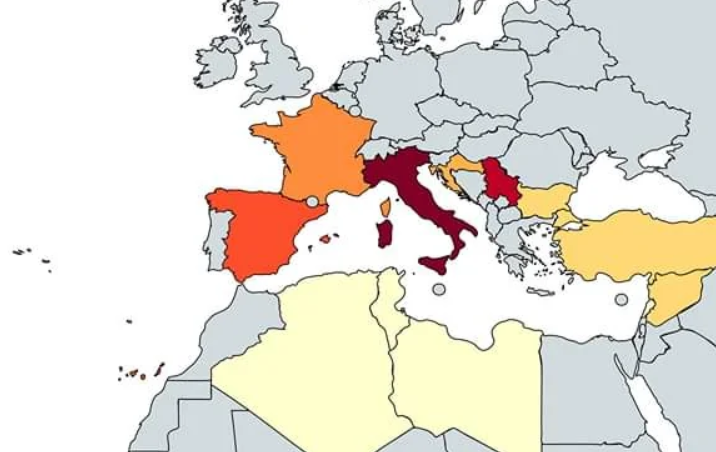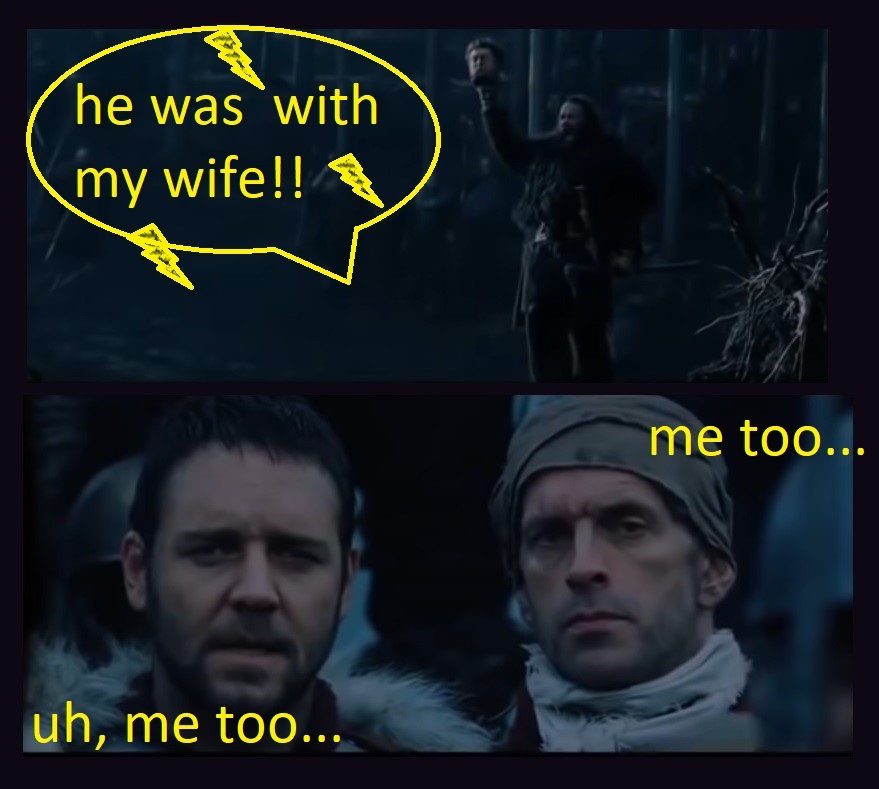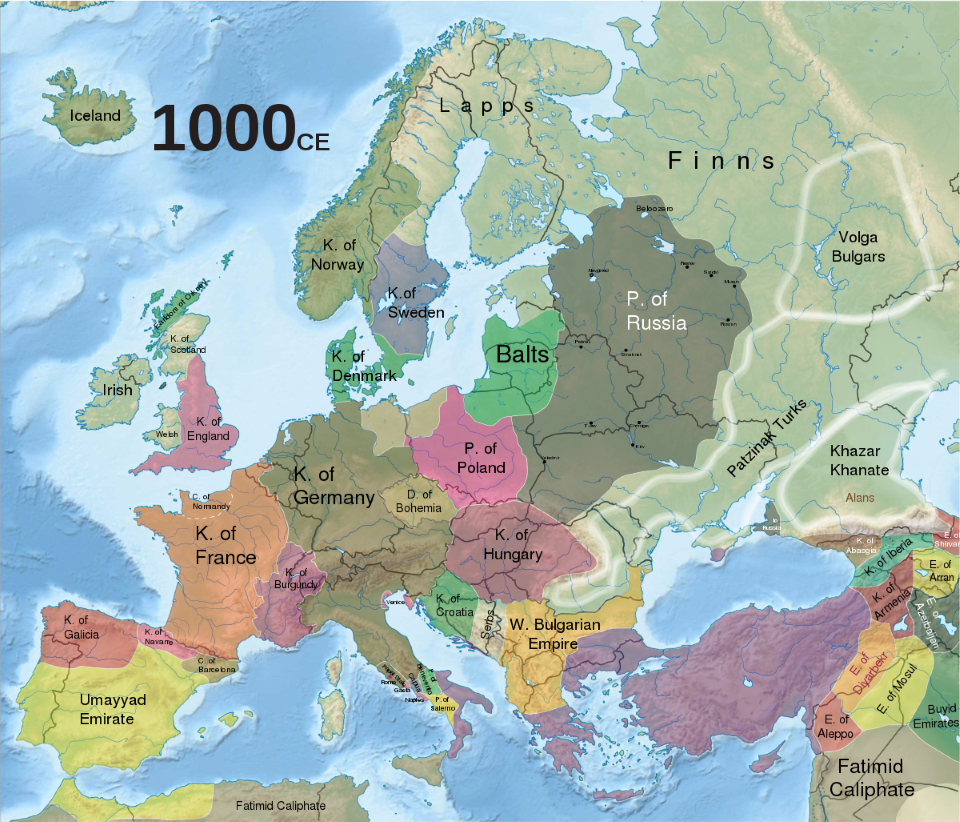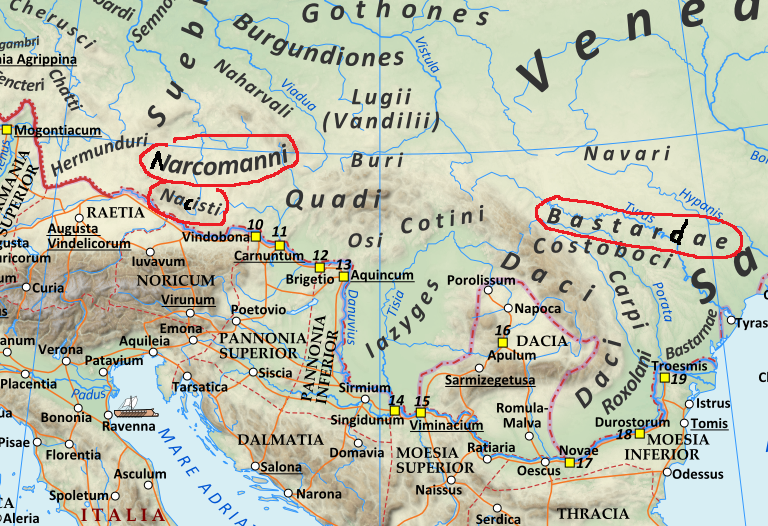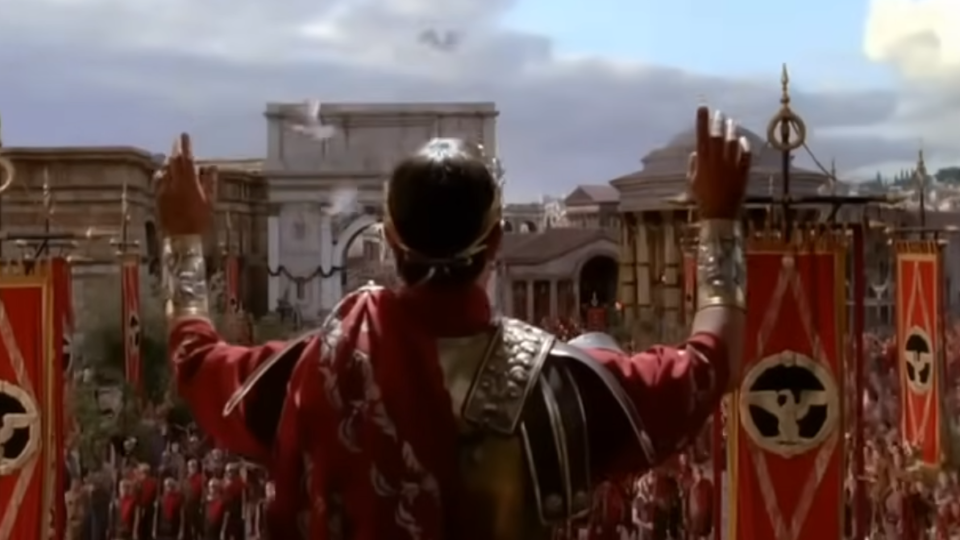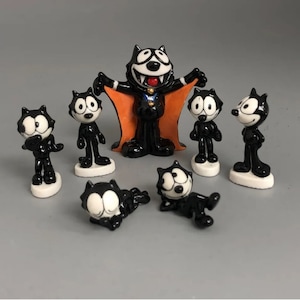yes, like "Vindbona concert" I'd like to start this year with "high culture" (not per se best thing in life)) i.e. with Dante

As sort of new year gift, hope it will be "happy" in some sense, but never know, for some surely, for some last ; etc... I have some "brochure", edition, not really book i recevied electronically with all commentaries/redactions of sort of his famous work in Italian (and rarely Latin) and have this subject prepard for some time, so just found it and to share, since we are on subject... guess such things are present online as well so you can search it if not wanting to depend on me ; but generally no mistakes there as i got it hopefully - with my commentary on commentary, for fun and addition...
it is, esp. medieval commentaries/redactions interesting for me & any lover of subjects as it is in part historical, cultural, geographical etc etc. addition and in a way source, and some very funny as i've chosen. It shows what Italians of the era knew about us and similar... i don't use/able at Italian, those are even medieval (and vulgar)) forms, nor Latin but can do few lines and with it more than some other languages, and there are faulty translators - so i will give only some unliterar sense or "free translation", not true one, complete and similar, nor subject here - more for fun and some historical sense. "Our famous line" i.e. about Miluten and rest is in common, group 3 verses lined 139-141 of "Canto XIX" of "Paradiso" together with short mention of Portuguese and Norvegian king, some wondered why but obviously without any connection between them... generally accepted that "Dante's aquila" talks abuout Dinysius or Denis or Diniz of Portugal, while for Norvegian king not so accepted who is king in question and not universally agreed that it was Hakkon V (who ruled in time of making) some theorise that he even goes back to long ruling king Hakkon IV and similar... unlike Miluten, it is also not agreed why he mentiones them at all etc. - but not subject and since they are together in verses, paragraphs contain comments on those two... for SU II Milutin it is almost universally agreed that he mentions him for "imitating Venetian money" i.e. competing it both here and in Italy, which was subject in times. BUT even 2 verses mentioning it are sort of controversial and disputed from comments like (Miluten) "seen badly Venetian money or seen evil of Venetian money" (ha visto) to "aggiusto" as "adjusted or copied badly Venetian money" so not so straightforward, plus some think there is some sarcasm or humor hidden inthere... (graves found in Italy "recently" showed that Italians did not have bad opinion about him, some were even knighted by Miluten and similar, mentioned on graves)... btw, finding these texts i reminded that it was Bologna esp. as center of "dinars contraband", but generally whole northern and central Italy in one time. Miluten did not falsificate Venetian ducat, nor grosso per se, but there was some political background as well as fear in Venice that line starting with Milutin (as presenting more southeastern regions) could be hostile to Venice, but wasn't true as seen on Dushan's example who hoped to forge alliance with Venice etc etc etc. just to repeat...
so let's start for some fun, Miluten btw for those liking some symbolism like Vespasianus and Vesuvianus for example, died in same year as Dante ;
first commentaries/redactions started to circulate shortly after Dante's death so first i chose is this Jacopo della Lana, circa 1324-28, shortly:
Norvegia, cioe Norvech. E quel di Rascia: cioè che non fe' la sua moneta, che per veneziana, così giusta come i Veneziani; e pero dice: che mal aggiusto il conio.
nothing special there, just as it was one of first... it says "Norway is Norvech" and first explains how Miluten "adjusted" it wrongly
so called (and famous) "Ottimo Commento" from circa 1333 (Dushan early time) has much more words on subject:
E quel di Rascia. Che male ha visto il conio ec. Di costui e de' suoi si puote dire peggio, che l'Autore non scrive. Questi, avendo uno figliuolo, e d'esso tre nipoti, per paura che non gli togliessero il regno, li mandòe in Costantinopoli allo imperadore suo cognato; e scrissegli, sì come si dice, ch'egli cercavano sua morte, e che gli tenesse in pregione. E così fece, tanto che per orribilitade del carcere il padre de' tre perdèe quasi la veduta; li due il servivano, ed il terzo fu rimandato allo avolo; finalmente il padre uccise l'uno de' due suoi figliuoli, e con l'altro si fuggìe di carcere e tornòe in Rascia, e prese il padre, di cui l'Autore parla, e fecelo morire in prigione. Poi e' poco resse il regno; chè da' suoi figliuoli ricoverò il cambio.
it deals shortly with Portugal and Norway, not knowing why Dante put them at all, while it shows generally deeper knowledge of events and dynastic changes in Rascia, although explained in story and maybe untrue way... so no translation by me, free one - it talks about Miluten's son quasi loosing eye-sight in prison, further struggle, overthrow of father and how Dechanski also was overthrown by son as some "i heard" way, non historical (and not mentioning his marriages at all, nor anything controversial there)... but nonetheless shows how contemporary Italians of knowledge were very good informed and knowledgeable about Rascia and events, was topic there at peak
next is Pietro Alighieri, Dante's son, writing in Latin in two versions from 1340s and 1350s, shortly:
Item rex Portugalliae, et Norvegiae, et Rassae, qui facit fieri ducatos ut civitas Venetiarum, cognoscentur.
inde dicit de rege Portugalli et Norvesie et rege Rascie, qui olim sub signo et conio Venetorum fabricavit adulterinam monetam ut dicit textus
he doesn't comment much, just repeat words as he think it was meant - merely interesting and choosen by me as he used two Latin versions for Serbia "Rassa" in first and "Rascia" in second - as for rest he says that he "saw badly ducats of city Venice" or "makes them badly", "forging" etc
it is mentioned in further commentaries of XIV c. but uninterestingly, next longer in Latin is "Benvenuto da Imola" circa 1375-80:
E quel. Hic aquila colligit tres reges simul, quorum duos describit simpliciter, tertium vero describit ab infami vilitate quadam; unde dicit: E quel di Portogallo, scilicet, rex; est enim Portus gallus unum de quinque regnis Hispaniae, e di Norvegia, idest, rex Norvegiae; est enim Norvegia regio in septemtrione in parte frigidissima vicina tramontanae, ubi sunt dies brevissimi; et inde veniunt boni falcones, si conosceranno lì, idest, in praememorato libro Dei; quasi dicat: etiam apparebunt vilitas et avaritia eorum, ibi. Et subdit: e quel di Rascia, supple, bene cognoscetur in illo libro, tamquam vilior et avarior praedictis; quod probat per evidentissimum signum extremae vilitatis avaritiae, dicens: che male aggiustò 'l conio di Vinegia. Hoc dicit quia falsificabat ducatos, quos cudit nobilissima civitas Venetiarum.
explains where is Portugal, where Norway (famous for falcons it says among first) while through whole this period Italians still did not find needed to explain where is or what is Rascia, still relatively known for them... in other way, mentiones "sin" of "bad adjustment of Venetian coin" etc.
next one is Francesco da Buti, circa 1385-95 real "pearl":
E quel di Portogallo; cioè e lo re di Portogallo, Lì; cioè in quello libro, si cognosceranno: imperò che vi furno scritte l'opere sue: Portogallo è lo regno di Castilia, che altri lo chiama Castella, e di Norvegia; cioè e quel, cioè re di Norvegia, Lì; cioè in quello libro che detto è, si cognosceranno; cioè amenduni questi regi di Portogallo e di Norvegia si cognosceranno nel detto libro, perchè vi saranno scritte l'opere loro viziose e virtuose: Norvegia è uno fiume posto nell'India, e quel di Rascia; cioè e lo rege di Rascia anco si cognoscerà quine, cioè nel detto libro, perchè vi saranno scritte l'opere sue: Rascia è nella Schiavonia, Che; cioè lo quale re, mal à visto; cioè mal per lui àe veduto, il cogno di Vinegia; cioè lo cogno del ducato che si batte in Vinegia: imperò che, secondo che i' ò, elli à falsificato quella moneta, cioè lo ducato dell'oro che si batteva e cugnava in Vinegia, che è cità marina posta in capo di Lombardia in sul mare Adriaco. Potrebbesi anco intendere ch'elli fusse sì vago del ducato dell'oro, che per quello facesse quello che non si debbe, e così male a suo opo arebbe veduto la detta moneta.
it really made me laugh as i think (if understood) that it said in moment "Norway is river in India"

...it is also first time that commentators start using some geographical determinat for Rascia it says "it is in Schiavonia/Slaviclans/Slavoniclands etc"... so as our state declined and disappeared, Italians started to use terms to explain where was/is that country (later many times in futher centuries mentioned as in Schiavonia or in Dalmatia) why interesting as first, except comical part on Norway... on Miluten, again long sentences explaining "badly seen/adjusted Venetian money" but it wrongly says that money in question was golden...
this one is also funny in a way so i choose, Chiose Vernon, circa 1390s:
Ancora dicie di don Iacopo re di Raona e di don Piero re di Maiolicha zio di don Federigho e di don Iacopo delle sue viltà e avarizie. Dicie ancora del re di Bruggia e del re di Tarsia il quale contraffe' i duchati di Vinegia solo per avarizia. E qui fa l'altore conclusione che beati questi regni se più non si lasciano signoreggiare a cota' signori e regi e tiranni.
puts many verses (including those about Philip, which Dante in part XIX mentions similarly as Miluten "bad money") till end and is fun as commentary author mixed all (not sure what behind) and as seen probably Norvegia with some Bruggia and Rascia with king of Tarsia

who forge Venetian money out of greed and even mixes later verses where Dante sarcastically mentions Hungary with new Angevine rule in making,hoping thatall those kingdom will get rid of bad rulers, as interpretated by commentator, while it was separate and not common... fun one, "king of Tarsia", Miluten
next i chose is of Johannis de Serravalle, again Latin from circa 1416-17:
Modo tangit regem Portugallie, qui parum fuit iustus, qui vocabatur Fernandus (Portugallia est pars Hyspanie), de Norvegia (Norvegia unde veniunt falcones boni), Rascie (Rascia est in Alamania, conterminat cum Ungaria). Rex Rascie fecit falsi{fi}care conium Venetiarum, unde valde fuit diffamatus de hoc. Ideo dicit textus: Et ille de Portugallia et Norvegia ibi cognoscentur, et ille de Rascia, qui male vidit conium Venetorum.
very fun again, wrongly names Portugal king as Fernando, Norway again repeated as place of good falcons and (haha) "Rascia is in Germany bordering Hungary (maybe heard about Stefan and Sigismund alliance of times), adding "badly seen Venetian coin"
and last from times i take (there were others but not interesting until late 1500s and then gap until 18. century and more modern times) is Alessandro Vellutello circa 1544:
E quel di Portogallo, il reame di Portogallo è parte di Spagna, Novergia sic. è posta molto sotto la plaga settentionale, Rascia è ne la Dalmatia, hoggi detta Schiavonia, e perchè il suo Re falsificava i ducati Venetiani dice, che aggiustò male il conio di Vinegia.
Portugal is part of Spain, Norway bellow northern regions, again explain that Rascia is in Dalmatia and in Schiavonia and last time in ages uses interpretation "adjusted badly Venetian coin". more as some completion and how geographical terms changed, as well as knowledge of country, than some funny part in this comment...
maybe some time (maybe even this evening or some days later) some funny modern commentaries on 3 verses if i choose some, but this is most interesting to me, might be to some of you with medieval "kink"... of course Dante is most called to explain what and why he put in those 2 verses, but this is valuable as source and as said how much Italian users knew about events. hope you like it, could always use some deeper Italian if needeing correct of my words feel free ;


